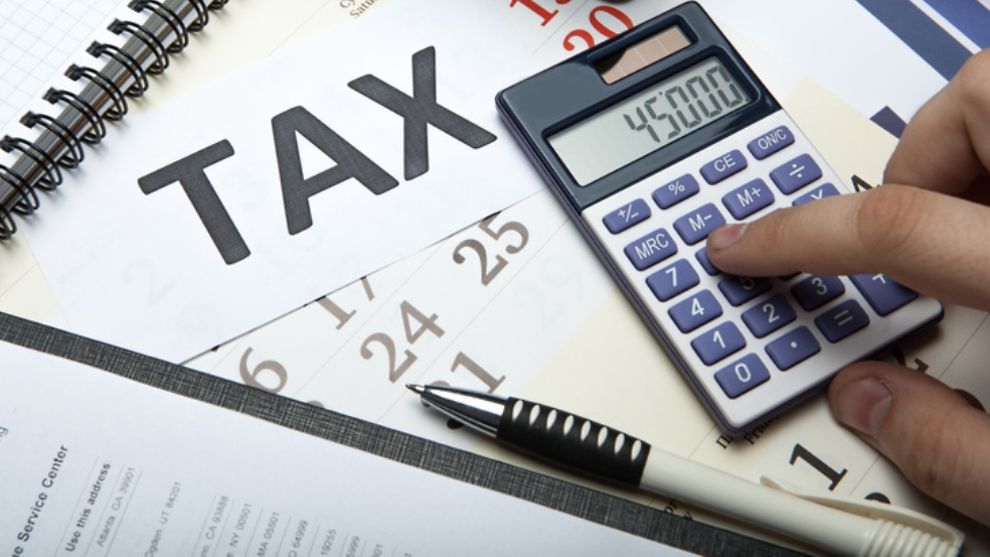Senior citizens can often find the subject of income tax intriguing. However, the process can be quite simple with proper knowledge and awareness about various tax slabs and deductions available.
Any changes or announcements regarding income tax in the annual union budget directly affects the common man. Senior citizens can be most affected by such changes as they have limited sources of income with increasing expenses in the form of health checkups and medicine bills.

Since the announcement of the Union Budget 2021, the government has announced a new tax regime. However, people are free to opt for either the new regime or the older one.
Therefore, it is important to know the income tax slab available for senior citizens under both regimes to know which could be beneficial.
Difference Between Senior and Super Senior Citizens
Indian citizens between the age of 60 and 80 years are classified as senior citizens and those who are above the age of 80 years are known as super senior citizens.
Income Tax Slabs under New Tax Regime
| Annual Income | Rate of Tax Payable
For Senior and Super Senior Citizen |
| Up to Rs 2.5 lakhs | Nil |
| More than Rs 2.5 lakhs, up to Rs 5 lakhs | 5% above Rs 2.5 lakhs |
| More than Rs 5 lakhs, up to Rs 7.5 lakhs | Rs 12,500 + 10% above Rs 5 lakhs |
| More than Rs 7.5 lakhs, up to Rs 10 lakhs | Rs 37,500 + 15% above Rs 7.5 lakhs |
| More than Rs 10 lakhs, up to Rs 12.5 lakhs | Rs 75,000 + 20% above Rs 10 lakhs |
| More than Rs 12.5 lakhs, up to Rs 15 lakhs | Rs 1,25,000 + 25% above Rs 12.5 lakhs |
| Above Rs 50 lakhs | Rs 1,87,500 + 30% above Rs 15 lakhs |
The income tax slabs under the new tax regime are the same across all age groups. Also, one cannot claim the usual tax exemptions under various sections under the new tax regime.
Income Tax Slabs under Existing Tax Regime
| Annual Income | Rate of Tax Payable | |
| For Senior Citizens | For Super Senior Citizens | |
| Up to Rs 3 lakhs | Nil | Nil |
| More than Rs 3 lakhs, up to Rs 5 lakhs | 5% above Rs 3 lakhs | |
| More than Rs 5 lakhs, up to Rs 10 lakhs | Rs 10,000 + 20% above Rs 5 lakhs | |
| More than Rs 10 lakhs | Rs 1,10,000+ 30% above Rs 10 lakhs | Rs 1,00,000+ 30% above Rs 10 lakhs. |
Tax exemptions under various sections such as 80C, 80D, 80TTB, and HRA are allowed under the existing regime.
Exemptions Allowed Under Both Tax Regimes
- Exemption from ITR filing under Section 194P
Under Section 194P that was introduced in the Union Budget 2021, senior citizens above the age of 75 years no longer need to file a tax return subject to the following condition.
- The individual should have attained the age of 75 years.
- The individual should not be a Non-Resident Indian (NRI).
- The senior citizen must be solely dependent on pension and interest income.
It must be noted that the facility will be available from the financial year 2021-22, that is assessment year 2022-23.
- Tax Rebate under Section 87A
Under this section, senior citizens can claim a tax rebate of up to Rs 12,500 if their total annual income is limited to Rs 5 lakh.
However, the rebate is not available for super senior citizens.
On a cursory glance, it appears that the tax slabs under the new tax regime will be beneficial for an individual earning more than Rs 12.5 lakhs annually. However, if you are unsure of which one to choose, you can always continue with the old tax slabs. Moreover, you can change the tax regime every year during the filing of returns.